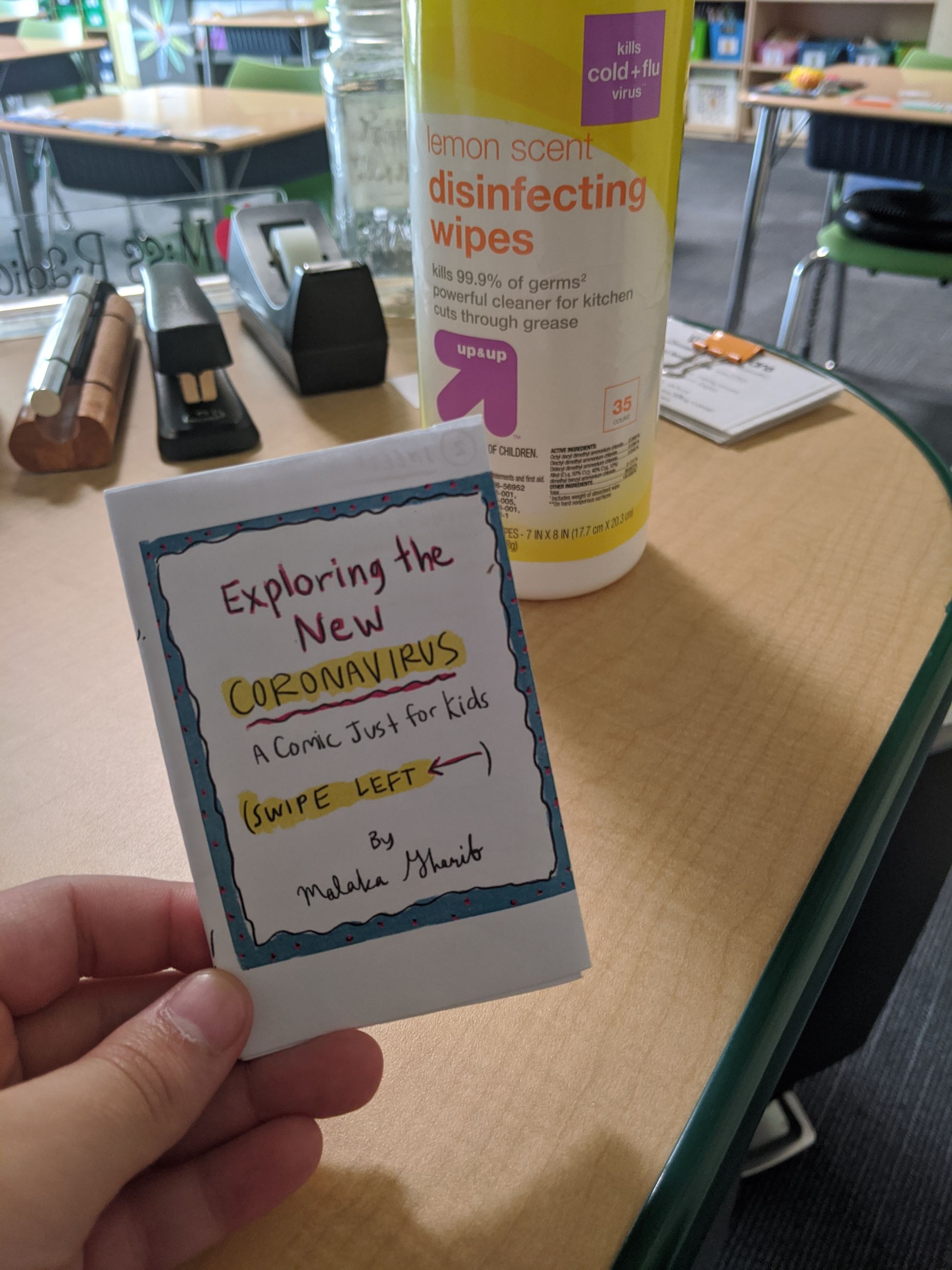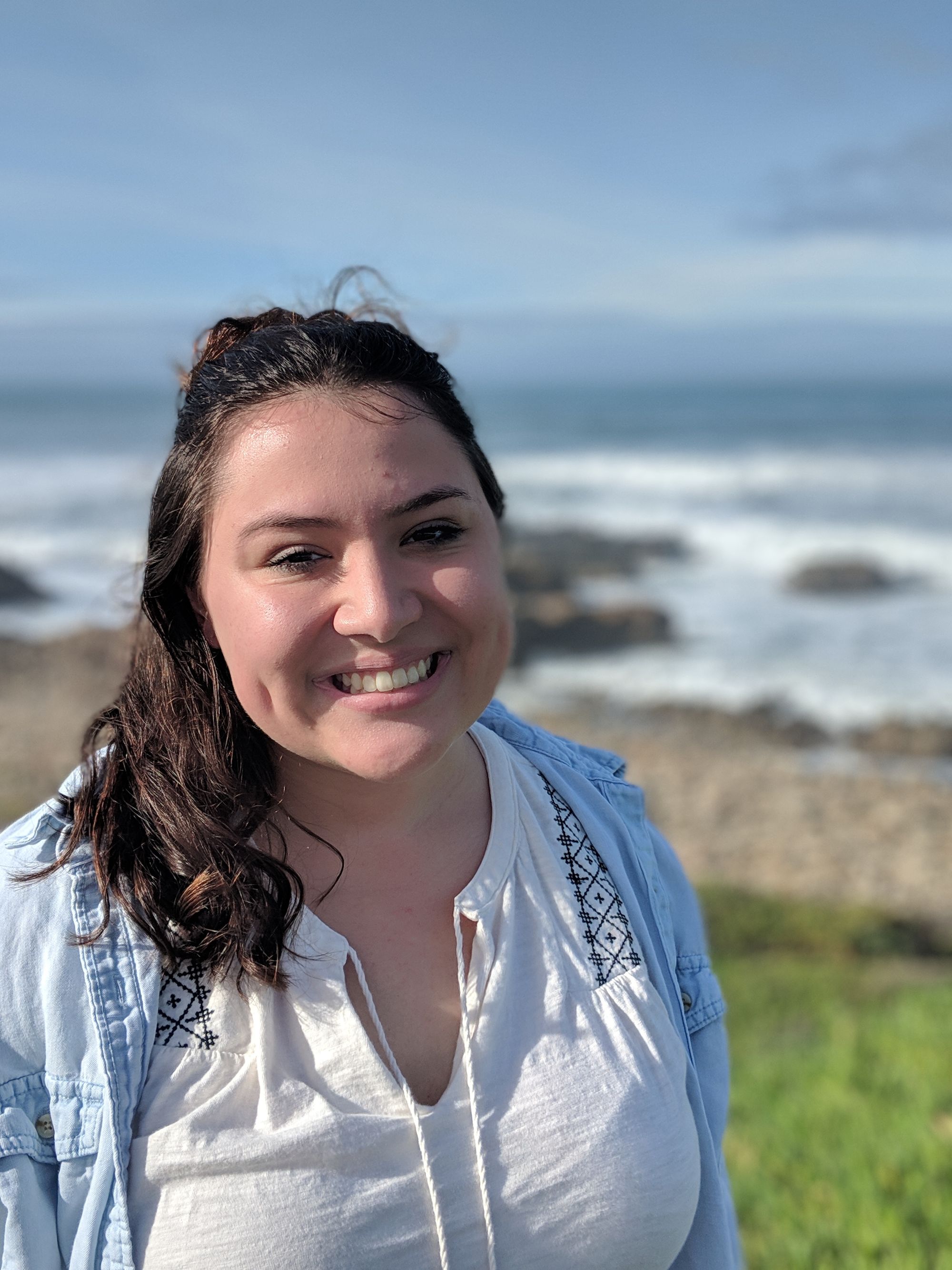
Kids and the Coronavirus
Phew. The last few weeks have been a whirlwind of news, hysteria, and everything Coronavirus.
If you know me, you know that I'm a person that gets stressed about getting sick. Any bump or bruise or tickle in my throat makes me think I'm headed straight for the ER. That's just who I am.
I would be lying if I said the Coronavirus news hasn't freaked me out. I have learned to be rational about it, though, and can confidently say I am now signficantly less stressed about the fast-spreading virus. Working with kids, though, brings on a whole other challenge I wasn't expecting.
I honestly wasn't too worried about my students at first. There's a lot that happens in our sometimes scary world (i.e. mass shootings, international tensions, etc.). My class this year isn't the most nervous about this stuff. I'm sure learning about it or seeing it on the news causes them anxiety, but they never really brought that worry with them into the classroom.
Coronavirus was another situation entirely. My students were stressed.
If someone so much as brought up the name of the virus, I had kids panicking and on the verge of tears. I knew we had to talk about it rather than pretend it wasn't happening. My students were going to hear about the virus from the news, their parents, or in passing from another class' students.
I am a firm believer that scientific facts can make a situation better. Having all the facts can make someone feel better, more relieved, and lessens the fear of only knowing bits and pieces about something scary.
Here's what we did to tackle Coronavirus in the classroom:
We printed off a zine and read it together.
NPR specifically made this zine for children. It explained exactly what the virus is and everything we know about it so far, especially who is really at risk when they contract this sickness. If we were going to tackle the issue of Coronavirus, we needed to know exactly what it is first.
We listed to a podcast.
NPR has a great 3-minute podcast for children. It puts the virus into a context kids can understand and really helps them to lessen their anxiety about this new and scary thing.
Both the zine and the podcast can be found here: https://www.npr.org/sections/goatsandsoda/2020/02/28/809580453/just-for-kids-a-comic-exploring-the-new-coronavirus
As a class, we discussed handwashing and ways to stop the spread of sickness.
Did you know you should be washing your hands for 20-seconds at a time? My students know now! They also know that they can sing the Happy Birthday song, Twinkle, Twinkle Little Star, or hum the Imperial March from Star Wars to make sure they're washing for the full 20 seconds. We also did a great deal of work around remembering to keep our hands out of our mouths and noses and making sure to wash our hands when we do accidentally touch our faces.
We watched BrainPOP's free video.
Sometimes it just takes a cartoon for kids to feel more comfortable with information. BrainPOP has a free video on their site (usually you need a subscription to view) about the Coronavirus.
It can be found here: https://www.brainpop.com/health/diseasesinjuriesandconditions/coronavirus/
At the end of every day, we wipe down our desks with a Lysol wipe.
To really promote better health practices, we started to wipe down our desks at the end of every day right before my students do their class jobs. To set an example, I wipe down my desk while they're cleaning theirs. We can all feel a little better when we are actively trying to stop the spread of germs.
We had a discussion about civic responsibility.
Though students now understand they are at the lowest risk for contracting or being seriously harmed by the Coronavirus, they also (hopefully) now understand they have a responsibility to keep others safe. Though we aren't worried for our safety, persay, we should still be washing our hands to keep others (especially those in high-risk groups) safe. We should also be responsible and stay home if we're feeling sick so we can stop the spread of germs to others.
After all this, it's apparent my kids are less stressed than they once were. Their anxieties probably aren't completely assuaged, but they know they can come to any teacher at our school to talk about their fears and the facts. Facts are most important during this time of hysteria, and real information is really what I'm trying to promote in my classroom.
